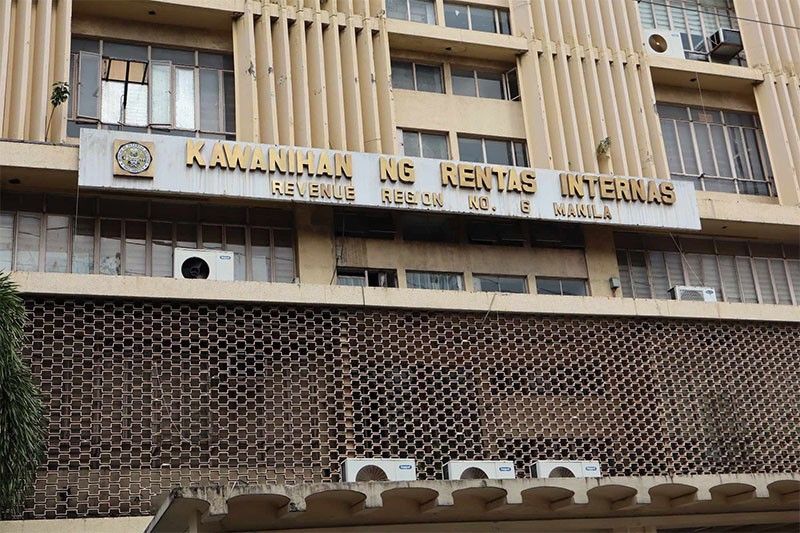‘Attrition law must be implemented based on BIR’s downgraded goal’

MANILA, Philippines — The Bureau of Internal Revenue (BIR) shall implement the provisions of the Attrition Act based on its downgraded goal of P2.848 trillion, which was approved by the Development Budget Coordination Committee (DBCC) and which the BIR achieved.
A source told The STAR that the implementation of the Republic Act 9335 or the Attrition Act, that incentivizes and penalizes the BIR’s revenue collection performance, would be based on the last collection target approved by the DBCC.
This is despite the fact that the revised goal set by the DBCC last March 2024 of P2.848 trillion did not have a counterpart revenue memorandum order (RMO) issued by BIR commissioner Romeo Lumagui Jr, the source said.
Under the law, it is the revenue collection goal set by the DBCC that would be followed in the implementation of the incentives and penalties on tax collecting agencies like BIR and the Bureau of Customs.
The revenue collection target of the BIR was revised twice last year due to adjustments in macroeconomic assumptions by the DBCC as well as the non-passage of critical tax measures that would contribute to the collection of the bureau.
At first, the BIR set its sights on collecting P3.055 trillion, based on the 2024 medium-term revenue program that was approved last Dec. 15, 2023. The initial collection target was stipulated in RMO 11-2024, issued by Lumagui on March 13, 2024.
In July of 2024, Lumagui issued RMO 29-2024 that reflected a downward revision of the bureau’s collection target to P3.046 trillion pursuant to the approved goal by the DBCC on July 12, 2023.
However, sources confirmed that the revenue collection target of the BIR was further revised downward by the DBCC during its 187th and 188th meetings on March 22, 2024 and June 27, 2024, respectively, to P2.848 trillion.
The P2.848 trillion revenue collection target of the BIR was also reflected in the 2025 Budget of Expenditures and Sources of Financing submitted by the Department of Budget and Management as part of the proposed 2025 budget to the Congress in July 2024.
“It’s crucial to understand that the economic landscape is dynamic.This correction was necessary because the previously set goal had several economic assumptions that never came to fruition,” Meilin Hirang, chief of the public information and education division of BIR, told The STAR.
The DBCC revised downward its projected economic growth for 2024 to six to seven percent from its earlier assumption of 6.5 percent to 7.5 percent due to global trade disruptions and geopolitical tensions.
By December of 2024, the DBCC further trimmed its economic projection for the country last year to six to 6.5 percent due to slower than expected third quarter economic performance.
The further downgrading in the revenue collection target of the BIR did not have a counterpart RMO issued by Lumagui, multiple sources confirmed.
However, a source said that there is no law or regulation requiring the BIR or the commissioner of the bureau to issue the corresponding RMO to reflect the changes in its revenue collection target. What is important, the source said, is that the BIR follows the approved goal set by the DBCC.
Sources noted that it is the DBCC that has the basic economic parameters in setting the revenue goals such as projected economic growth, inflation forecast, foreign exchange rate and most especially new tax measures.
BIR officials have earlier pointed out that the earlier P3-trillion collection target factored in the projected passage of new tax measures such as the mining fiscal regime and excise taxes on single-use plastics and junk food. Both tax measures did not materialize last year.
Furthermore, the value added tax on digital service providers was passed last year but already too late for the BIR to implement it. The slower than expected economic performance of the country last year also contributed to the adjustments in the BIR’s revenue collection target as approved by the DBCC.
- Latest
- Trending





























